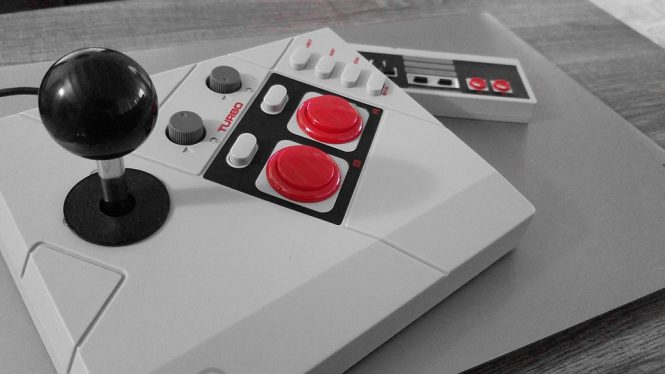
The world of console gaming has experienced a significant shift in recent years with the introduction of cross-play, a feature that allows players to compete or cooperate with others across different platforms. This innovation has bridged the gap between console manufacturers, enabling gamers to connect with friends and opponents regardless of the device they use. In this article, we will explore the impact of cross-play on console gaming, its benefits, and the challenges that come with it.
Breaking Down Barriers
Cross-play has revolutionized the way we play games on consoles. No longer are gamers confined to playing with others who own the same device. With cross-play, players can join forces or compete against each other, regardless of whether they are using a PlayStation, Xbox, or Nintendo Switch. This has opened up new opportunities for social interaction, community building, and competitive play.
Benefits of Cross-Play
- Increased Player Base: Cross-play has significantly expanded the player base for many games. By allowing players from different platforms to play together, games can now attract a larger and more diverse audience.
- Improved Matchmaking: With a larger player pool, matchmaking becomes more efficient, reducing wait times and making it easier to find opponents or teammates.
- Enhanced Community Engagement: Cross-play fosters a sense of community and cooperation among players, encouraging collaboration, teamwork, and social interaction.
- Competitive Balance: Cross-play helps to balance out the competitive landscape, as players from different platforms can compete against each other, promoting a more level playing field.
Challenges and Concerns
- Technical Issues: Implementing cross-play can be technically challenging, requiring significant updates to game engines, networking infrastructure, and security protocols.
- Platform Differences: Console manufacturers have different hardware and software configurations, which can lead to inconsistencies in gameplay, graphics, and performance.
- Cheating and Exploits: Cross-play can increase the risk of cheating and exploits, as players from different platforms may have access to different tools and techniques.
- Monetization and Revenue Sharing: Cross-play raises questions about revenue sharing and monetization, as console manufacturers and game developers need to agree on how to distribute profits and handle in-game purchases.
Industry Response and Future Outlook
The gaming industry has largely embracing cross-play, with many popular titles, such as Fortnite, Rocket League, and Minecraft, offering cross-platform play. Console manufacturers have also begun to support cross-play, with Sony, Microsoft, and Nintendo announcing various initiatives to enable cross-play on their platforms.
As the gaming industry continues to evolve, we can expect to see more games and platforms adopting cross-play. The benefits of cross-play, including increased player bases, improved matchmaking, and enhanced community engagement, make it an attractive feature for game developers and console manufacturers.
In conclusion, the impact of cross-play on console gaming has been significant, breaking down barriers and opening up new opportunities for social interaction, community building, and competitive play. While there are technical and logistical challenges to overcome, the benefits of cross-play make it an essential feature for the future of gaming. As the industry continues to innovate and adapt, we can expect to see more games and platforms embracing cross-play, creating a more connected and inclusive gaming community.